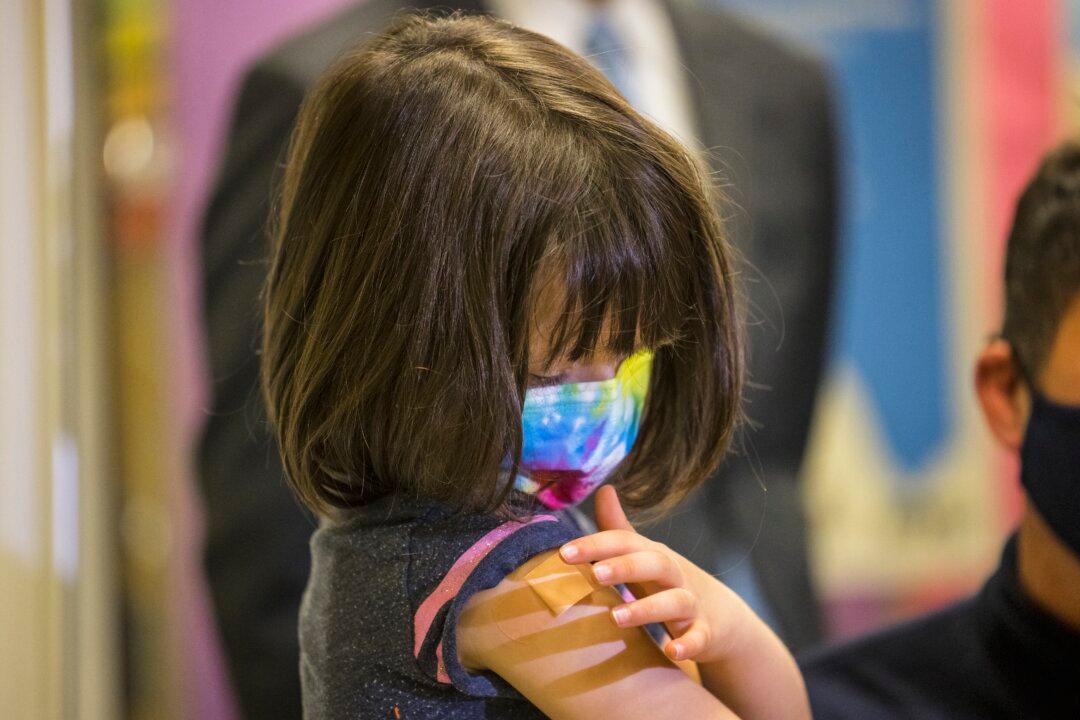The Centers for Disease Control and Prevention (CDC) on Wednesday said children from 12 to 17 years old should get a COVID-19 vaccine booster, despite scant effectiveness data and concerns about post-vaccination heart inflammation.
The agency endorsed recommendations from its vaccine advisory panel, which voted 13–1 to advise the CDC to say children in the age group “should” get a booster of Pfizer’s vaccine five months after their primary series. The panel could have advised children “may” get a booster.





